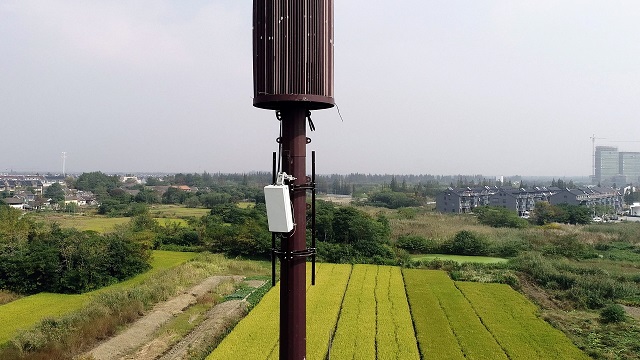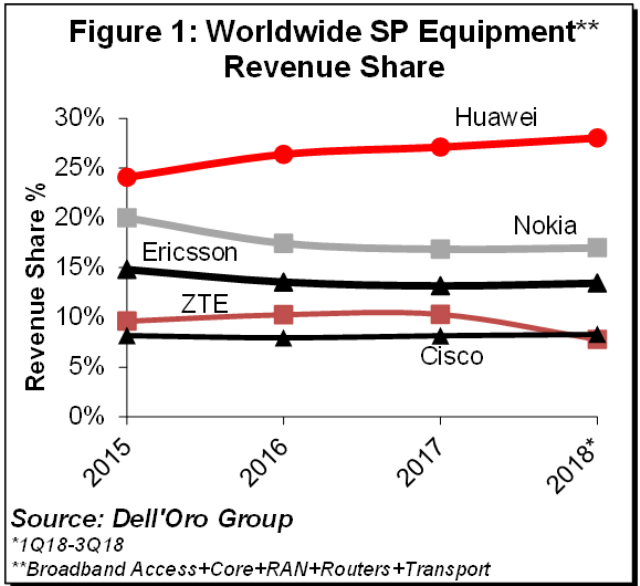The European Commission will ask EU countries not to ban Huawei Technologies from their 5G and other telecom networks, Reuters reported.
 Huawei’s annual revenue is expected to have grown 21 percent to $109 billion in 2018 with smartphone business contributing more revenue as compared with its telecom carrier and enterprise business units. China-based Huawei will announce the financial results in March / April.
Huawei’s annual revenue is expected to have grown 21 percent to $109 billion in 2018 with smartphone business contributing more revenue as compared with its telecom carrier and enterprise business units. China-based Huawei will announce the financial results in March / April.
The development will be a big achievement for Huawei, the number one telecom network maker in the world. The Reuters report said European Commission will urge EU countries to share more data to tackle cybersecurity risks related to 5G networks but will ignore U.S. calls to ban Huawei Technologies.
Several CEOs and CTOs of European mobile operators have come forward and supported the demand for retaining Huawei solutions because dropping Huawei from their network will be a costly and time consuming initiative for them.
Vodafone Group CEO Nick Read earlier said it will only pause Huawei from their networks. It will be difficult for mobile operators to remove Huawei from mobile works because rivals such as Ericsson and Nokia do not meet cost criteria for several telecoms.
Reuters report said European digital chief Andrus Ansip will present the recommendation of European Commission on Tuesday. While the guidance does not have legal force, it will carry political weight which can eventually lead to national legislation in European Union countries.

The United States has tried to influence Europe to remove Huawei from mobile operator networks, saying its equipment could be used by the Chinese government for espionage. Huawei has strongly rejected the allegations and earlier this month sued the U.S. government over the issue.
US telecom operators such as AT&T, Verizon, T-Mobile and Sprint are currently not using Huawei networks in their operations. In fact, Huawei lost considerable 5G network deals in the US in the recent two years.
Ansip will tell EU countries to use tools set out under the EU directive on security of network and information systems, or NIS directive, adopted in 2016 and the recently approved Cybersecurity Act.
Member states should exchange information and coordinate on impact assessment studies on security risks and on certification for internet-connected devices and 5G equipment.
The Commission will not call for a European ban on global market leader Huawei, leaving it to EU countries to decide on national security grounds.
The Commission said the recommendation would stress a common EU approach to security risks to 5G networks.
Baburajan K





